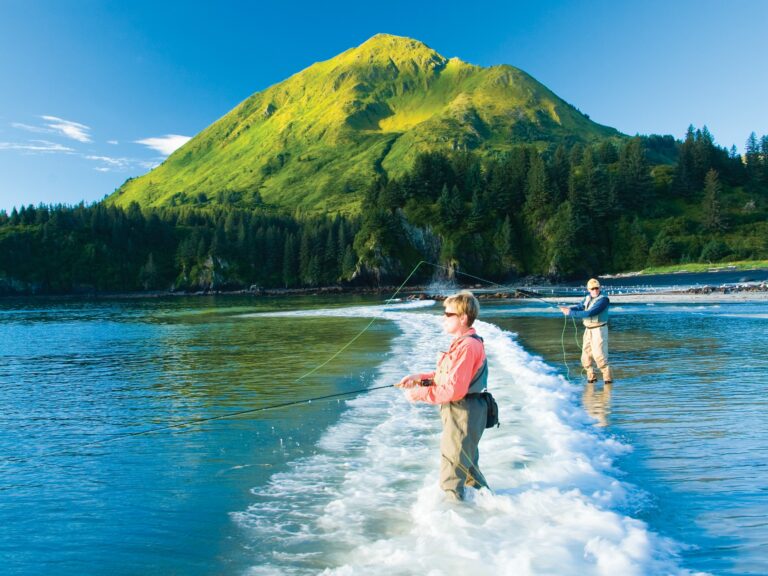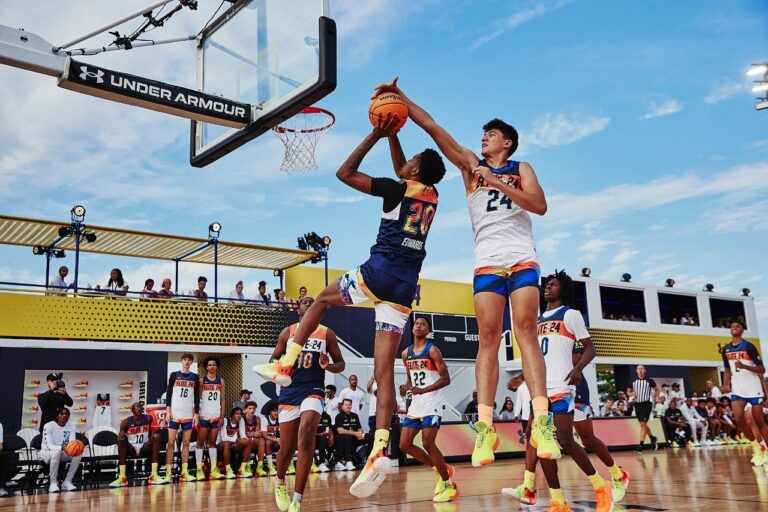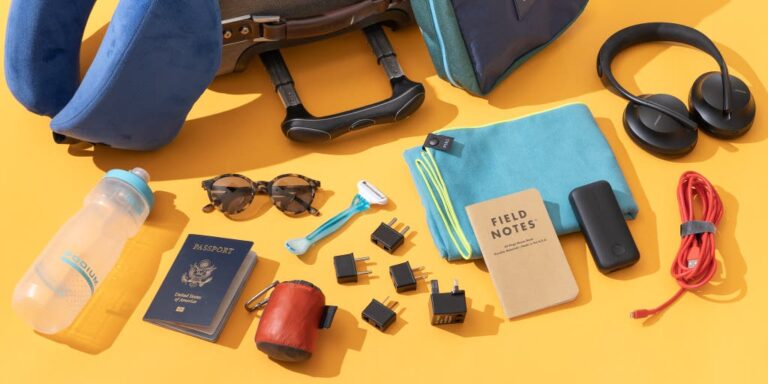When attending a soccer camp in winter, it is essential to bring appropriate clothing and gear for cold weather conditions.

Credit: www.nationalgeographic.com
Don’t Let The Cold Weather Stop You
When preparing for a winter soccer camp, it’s important to focus on staying warm despite the cold weather. Layering is key to maintaining body heat, so make sure to wear thermal gear such as insulating base layers and thermal socks. These pieces will provide extra warmth and help regulate body temperature, allowing you to comfortably enjoy the training sessions. Don’t forget to protect your extremities as well. Wearing gloves or mittens, along with a beanie or hat and warm socks, will ensure that your hands, head, and feet stay warm throughout the camp. By following these layering techniques and prioritizing thermal gear, you can fully engage in the soccer camp experience, regardless of the winter chill.
First Line Of Defense: Clothing
When preparing for a winter soccer camp, it’s important to bring the right clothing to stay comfortable and protected on the field. A moisture-wicking base layer is essential as it helps to regulate body temperature and keep sweat away from the skin to prevent chills. Layering is key, so an insulating mid-layer made of breathable fabric will provide warmth without causing overheating. The next layer should be a windproof and waterproof outer layer to shield from the elements. This will keep you dry and protected from harsh winds and rain/snow. Don’t forget about protecting your extremities – headwear and gloves are crucial to keep your head and hands warm in cold conditions. Overall, dressing appropriately in layers and with the right materials will ensure a comfortable and enjoyable soccer camp experience, even in winter.
Proper Footwear For Optimal Performance
Insulated and waterproof boots: When attending a soccer camp in winter, it is crucial to have the right footwear to ensure optimal performance. Insulated and waterproof boots are essential for keeping your feet warm and dry during cold and wet conditions on the field. These boots provide excellent insulation and protection from the elements, allowing you to focus on your game without any distractions. Look for boots specifically designed for winter sports, with features like durable insulation and a waterproof exterior.
Choosing the right soccer cleats for winter: In addition to insulated boots, it’s important to select the appropriate soccer cleats for winter play. Look for cleats with extra grip and traction to prevent slips and falls on icy or wet surfaces. Opt for cleats with longer studs that can dig into the ground, providing stability and preventing sliding. Choosing the right cleats ensures optimal performance and reduces the risk of injury on the field.
Cold weather socks for added warmth and comfort: To further enhance your winter soccer experience, don’t forget to invest in high-quality cold weather socks. These socks are designed to provide additional warmth and comfort, keeping your feet cozy during chilly games or training sessions. Look for socks made from insulating materials such as wool or synthetic blends, which offer excellent moisture-wicking properties to keep your feet dry and comfortable even in freezing conditions.
Battle Against The Elements: Specialized Equipment
When preparing for a soccer camp in winter, it’s crucial to have the right equipment to battle the elements. Specialized equipment is necessary to keep players warm and protected during cold and potentially harsh weather conditions.
Hand and toe warmers are essential to maintain warmth in extremities and prevent discomfort. Gaiters and face masks can provide additional protection from wind, snow, and cold air. Eye protection for glare is also important, as winter sunlight can be intense and potentially harmful to the eyes.
In addition to these specialized items, it is recommended to have other winter accessories for soccer equipment. Insulated water bottles can help keep liquids warm, ensuring players stay hydrated. Thermal gloves and socks keep hands and feet warm, while hats and knit caps provide extra protection for the head.
By being well-equipped with the necessary winter gear, soccer camp participants can stay comfortable, safe, and focused on improving their skills amidst challenging weather conditions.
Hydration And Nutrition In Winter: Staying Fueled
Staying hydrated and maintaining proper nutrition is crucial when attending a soccer camp in winter. Proper hydration is especially important in cold weather to prevent dehydration and ensure optimal performance. Cold weather can make it challenging to stay hydrated, but it’s essential to drink enough water throughout the day. Hydration can be enhanced by consuming warm beverages such as herbal tea or broth, which will also help keep you warm. Additionally, eating nutritious and energy-boosting snacks is essential to sustain your energy levels during training sessions and matches. Opt for healthy snacks such as fruits, nuts, yogurt, or granola bars that provide a combination of carbohydrates, protein, and healthy fats. These snacks will help fuel your body, enhance recovery, and maintain your energy levels throughout the rigorous training sessions. Remember, proper hydration and nutrition are key to performing your best during a winter soccer camp.
Winter-specific Tips For Soccer Camp Success
Winter soccer camps can be a great experience, but they require some additional considerations compared to camps held in warmer seasons. Pacing and conserving energy in cold weather is crucial to maximize performance. Ensure you warm up properly before training or matches to avoid injuries. When it comes to pacing, be mindful of your exertion levels to prevent burnout or fatigue. Remember that cold weather can affect agility on icy fields. Techniques such as wearing proper footwear with good grip and shorter, quicker movements can help you maintain agility and stability on the field. Psyching up for winter games is also important. Mentally prepare yourself for the cold temperatures and embrace the challenge. Stay motivated by focusing on your goals and visualizing success. In addition, make sure to wear appropriate layers of clothing to stay warm during outdoor sessions and bring extra gloves, hats, and jackets to handle changing weather conditions. Packing essentials such as hot drinks, snacks, and a first aid kit is important for emergencies. With these winter-specific tips, you can make the most out of your soccer camp experience, regardless of the weather.
Wrapping Up: Essential Preparation For Winter Soccer Camp
| Wrapping Up: Essential Preparation for Winter Soccer Camp |
| Subheading: Creating a checklist of essential gear |
Preparing for a winter soccer camp involves gathering the necessary gear to stay comfortable and perform at your best. Start by creating a checklist of the essential items you’ll need. Pack warm base layers to keep yourself insulated in the cold weather. Thermal socks and moisture-wicking gloves are crucial for keeping your feet and hands warm. Don’t forget to include waterproof and insulated footwear to protect your feet from wet and cold conditions. Layering is essential, so pack multiple sets of jerseys and shorts, along with thermal pants and jackets. Hats and ear warmers will help you retain body heat, while a scarf can protect your neck from the cold. Additionally, bring along a water bottle to keep hydrated and a spare pair of dry shoes and socks for after practice. With the right gear and mental preparation, you’ll be ready to tackle the challenges of winter soccer camp.
Frequently Asked Questions Of What To Bring To A Soccer Camp In Winter
What Do Boys Wear For Football Camp?
Boys should wear appropriate football gear, including cleats, athletic socks, athletic shorts, a breathable shirt, and a mouthguard for football camp.
What Should I Wear To A Winter Soccer Camp?
Wear layers of clothing such as thermal shirts, sweatshirts, and jackets to keep warm during the winter camp. Don’t forget to wear moisture-wicking socks and waterproof boots to protect your feet from the cold and wet conditions. Also, wear gloves, a beanie, and a scarf to keep your extremities warm.
What Equipment Do I Need For A Winter Soccer Camp?
You will need the usual soccer gear such as cleats, shin guards, and a soccer ball. Additionally, for a winter camp, it’s important to bring some extra gear. Pack a pair of warm and waterproof sports gloves, a beanie or a thermal hat, and a suitable water-resistant soccer bag to carry all your belongings to and from the field.
How Can I Stay Hydrated During A Winter Soccer Camp?
Although it may not feel like you’re losing as much sweat during a winter camp, hydration is still crucial. Make sure to drink plenty of water before, during, and after each practice or game. Avoid cold beverages as they can lower your core body temperature.
Opt for warm liquids or room temperature water to stay hydrated and maintain optimal performance.
Conclusion
So, before packing your bag for a winter soccer camp, make sure you have the essentials. From warm clothing and proper footwear to snacks and water bottles, the right gear will ensure you stay comfortable and perform at your best.
Don’t forget to bring extra layers, gloves, and hats to combat the cold weather. By being prepared, you can make the most out of your soccer camp experience in winter. Stay warm and have fun!






